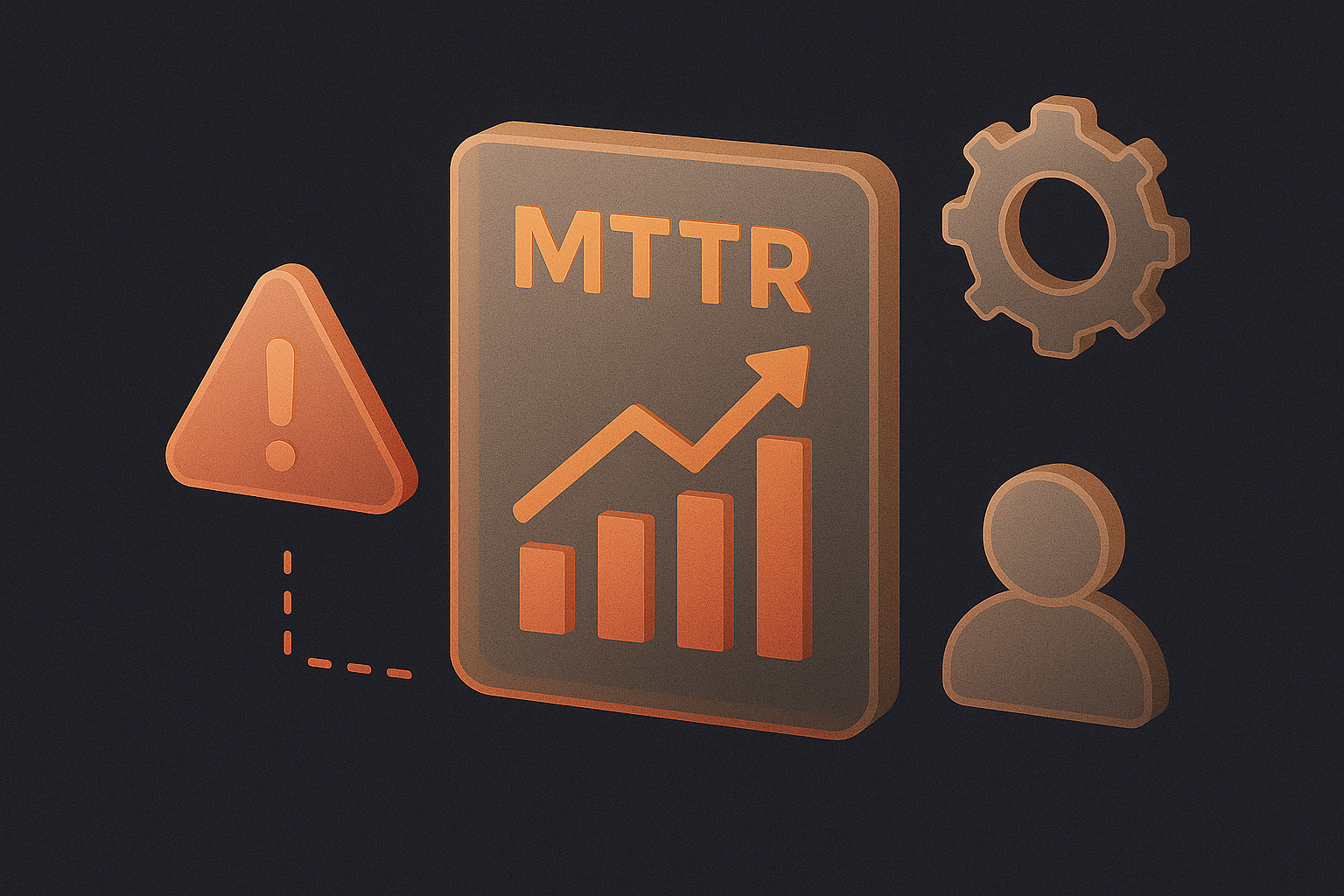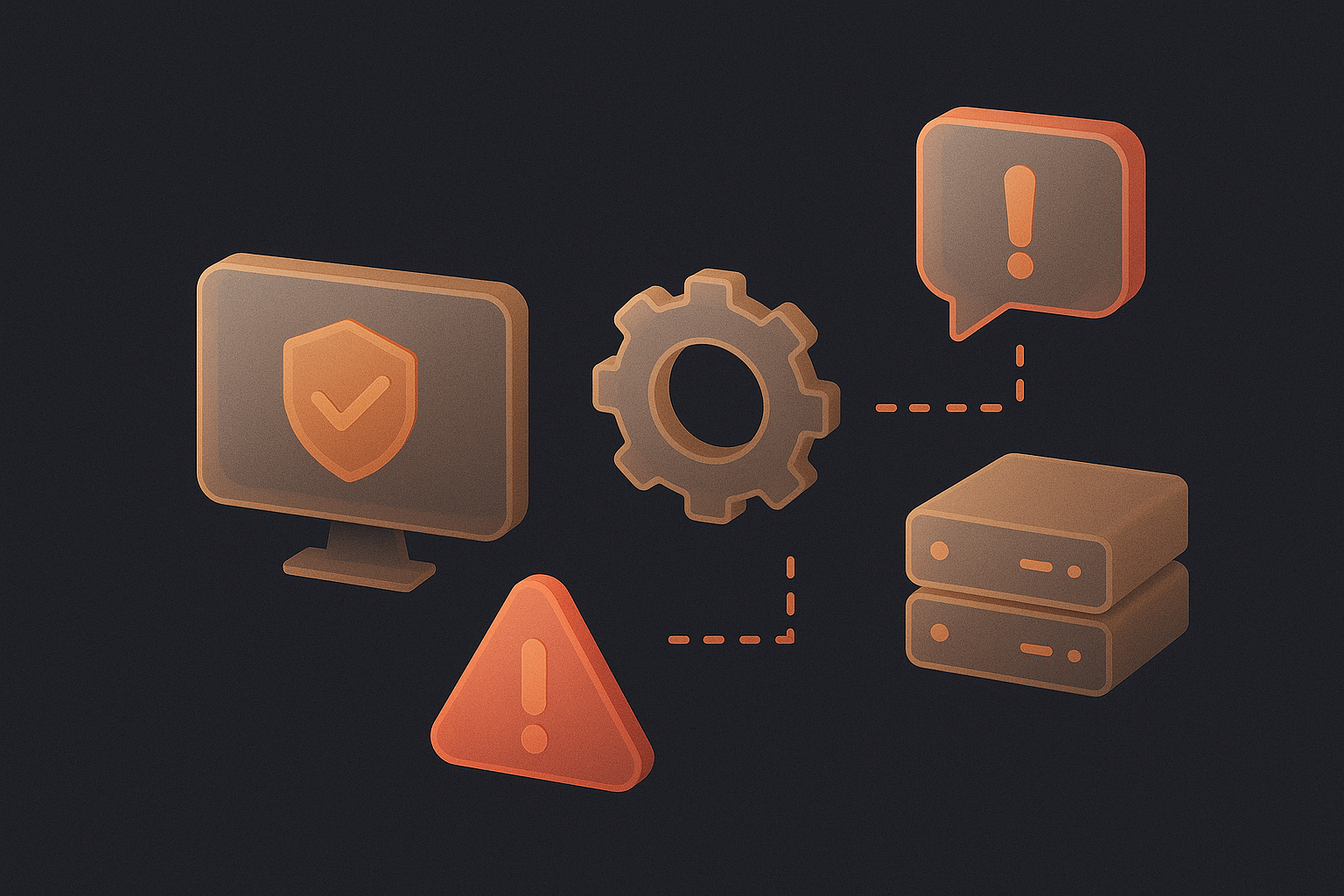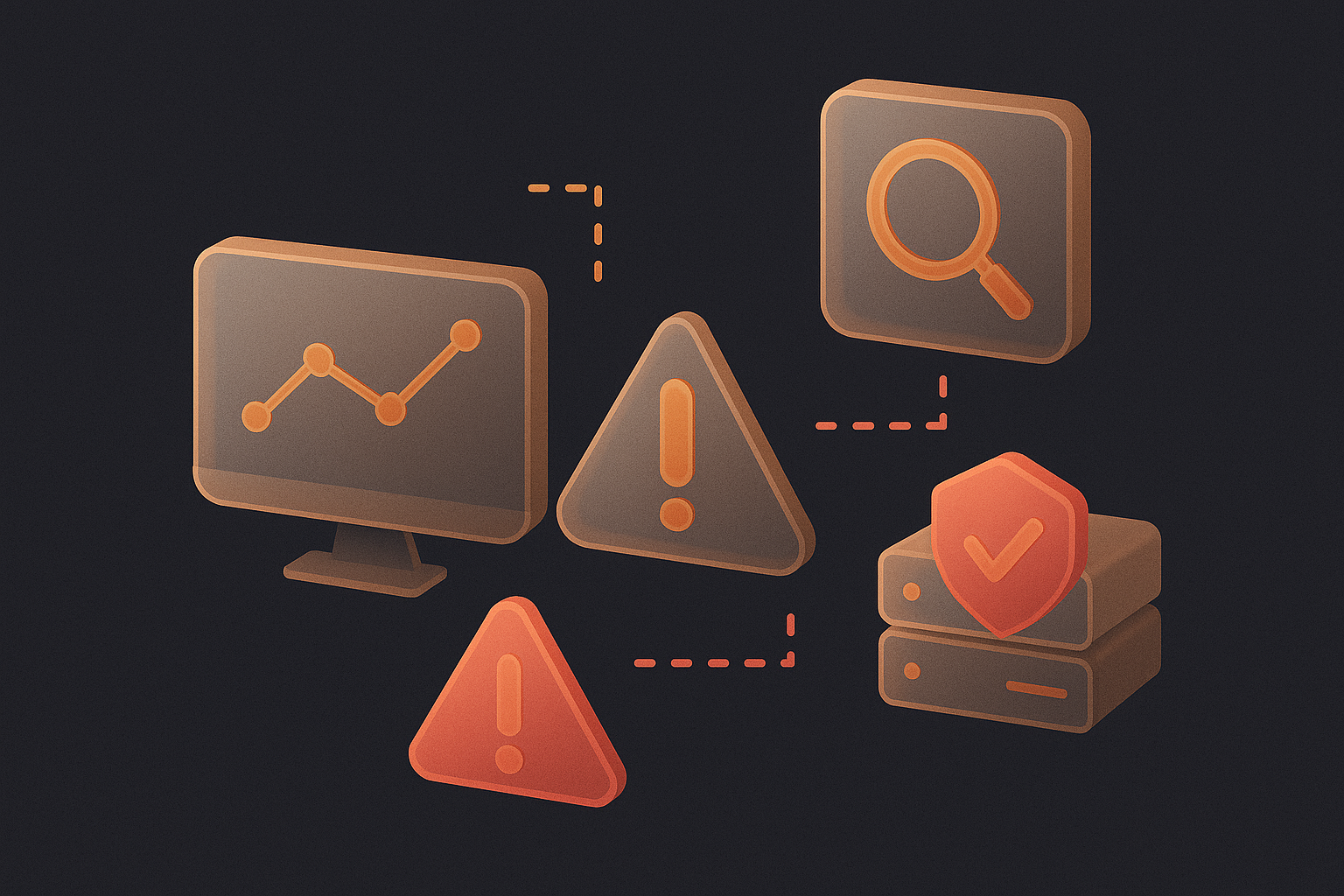A high-performing DevOps team generally fails less and recovers from downtime and outages faster than its counterparts. It also is more likely than others to exceed its objectives and use automation technologies to simplify and enhance its operations. As such, a high-performing DevOps team is quickly becoming a must-have for businesses around the globe.
Getting the most out of a DevOps team is paramount. Yet finding the best ways to maximize a team’s productivity and efficiency can be difficult, particularly for companies with limited time and resources at their disposal.
In most instances, DevOps teams have a lot of responsibilities. DevOps team members frequently work with multiple departments to ensure a company can consistently deliver applications and services. But even a minor DevOps mistake can cause long-lasting problems for a company, its employees and its customers. Without the right tools in place, DevOps teams will struggle to address such problems, which may lead to significant brand reputation damage and revenue losses.
Clearly, building a high-performing team is important. At the same time, transforming a “basic” group of DevOps professionals into a high-performing team often requires substantial time and resources. This is where incident management and alert escalation software can come into play.
Incident management and alert escalation software can help your team optimize its potential. To better understand how incident management and alert escalation software helps teams streamline their day-to-day operations, let’s take a look at five best practices of high-performing teams, along with how this software ensures teams can incorporate these practices into their everyday workflows.
1. Collaboration Among DevOps Team Members, at All Locations, at All Times
DevOps teams must take a divide-and-conquer approach to problem-solving. That way, DevOps team members can work together to achieve common goals. Furthermore, team members can use this approach to avoid silos, i.e. barriers that ultimately prevent teams from producing the best-possible results.
Silos are problems for many teams at companies of all sizes and limit collaboration and data sharing among team members. Perhaps even worse, silos increase the likelihood of mistakes due to miscommunication, resulting in wasted time and resources.
Fortunately, incident management and alert escalation software is here to help put an end to silos within teams. The software provides real-time collaboration capabilities that empower team members to receive timely, relevant and accurate notifications, ensuring all team members can stay up to date, at all locations, at all times. It even boasts integrations with HipChat, Slack and other popular chat tools to make it simple for team members to connect and collaborate.
2. Agility to Speed Up Continuous Delivery Processes
A slow, stubborn DevOps team is unlikely to succeed, particularly in today’s rapidly evolving global business landscape. In fact, a team that cannot adapt to new processes and systems risks falling behind. And if this happens, a DevOps team may put a company, its brand reputation and its revenues in danger.
Today’s DevOps teams must possess the agility to accelerate and improve their continuous delivery processes. With incident management and alert escalation software, teams are better equipped than ever before to do just that.
In addition to chat tool integrations, incident management and alert escalation software provides pre-built and outbound integrations that teams can use at their convenience. These integrations enable teams to create their own two-way workflows to bolster productivity and efficiency. Plus, teams can integrate their monitoring tools into the software to standardize everyday workflows.
3. Deployment of Mobile Apps
Smartphones, tablets and other mobile devices drive real-time collaboration and communication. However, DevOps teams sometimes struggle to find user-friendly mobile apps to integrate into their everyday operations. And if DevOps teams make poor choices, they risk implementing mobile apps that are complicated, time-consuming and ineffective.
Incident management and alert escalation software that features a mobile app is pivotal for DevOps teams. The software allows team members to send and receive unlimited push notifications to one another. It also may feature a unique alert tone to help team members instantly identify pertinent notifications.
Of course, a mobile app offers a great tool to help team leaders manage team members’ schedules as well. The app ensures team leaders can view team members’ schedules on iOS and Android devices to find out which team members are available at any time.
4. DevOps Teams Real-Time Communication
How quickly team members receive notifications may dictate a team’s success. If the team members can get real-time updates, they should have no trouble connecting with one another and immediately addressing problems. On the other hand, problems may escalate if DevOps team members cannot maintain real-time communication with one another.
Real-time communication often separates a high-performing DevOps team from an ordinary one. Thanks to extendable APIs, real-time communication is easy to maintain among team members via incident management and alert escalation software. Extendable APIs allow DevOps teams to configure integrations to virtually any system via inbound email and REST and outbound REST and SOAP APIs.
Additionally, incident management and alert escalation software offers custom routing rules for notification delivery. The software provides routing rules that can be linked to a topic, user, group level and user’s role. Or, delivery rules can be configured to mix group and user contacts.
5. Detailed Notifications
Notifying DevOps team members about day-to-day activities is important. But what good is DevOps team messaging if recipients are unable to retrieve in-depth notifications that foster team-wide performance improvements?
Incident management and alert escalation software gives DevOps teams the ability to send fast, detailed notifications any time they choose. It boasts rich notifications that include graphs and images that highlight the information that team members need, precisely when they need it. Also, the software keeps a record of every notification that is sent and delivered, thereby increasing accountability among team members.
DevOps teams can use incident management and alert escalation software to define custom communication methods for all groups and users too. For example, if certain team members should only receive notifications via email, the software makes it easy to establish this notification rule. Moreover, the software ensures teams can quickly and effortlessly modify communication methods as needed.
For DevOps teams that want to go from ordinary to extraordinary, incident management and alert escalation software is essential. The software helps teams incorporate the aforementioned best practices into their everyday operations and empowers teams to become valuable contributors within their respective businesses. As a result, DevOps teams can use incident management and alert escalation software to help companies improve their brand reputations, boost their revenues and much more.
Don’t wait to drive meaningful improvements across your DevOps team. Leverage incident management and alert escalation software, and your company can help its DevOps team perform to its full potential.
Check Alertops for More Information.



